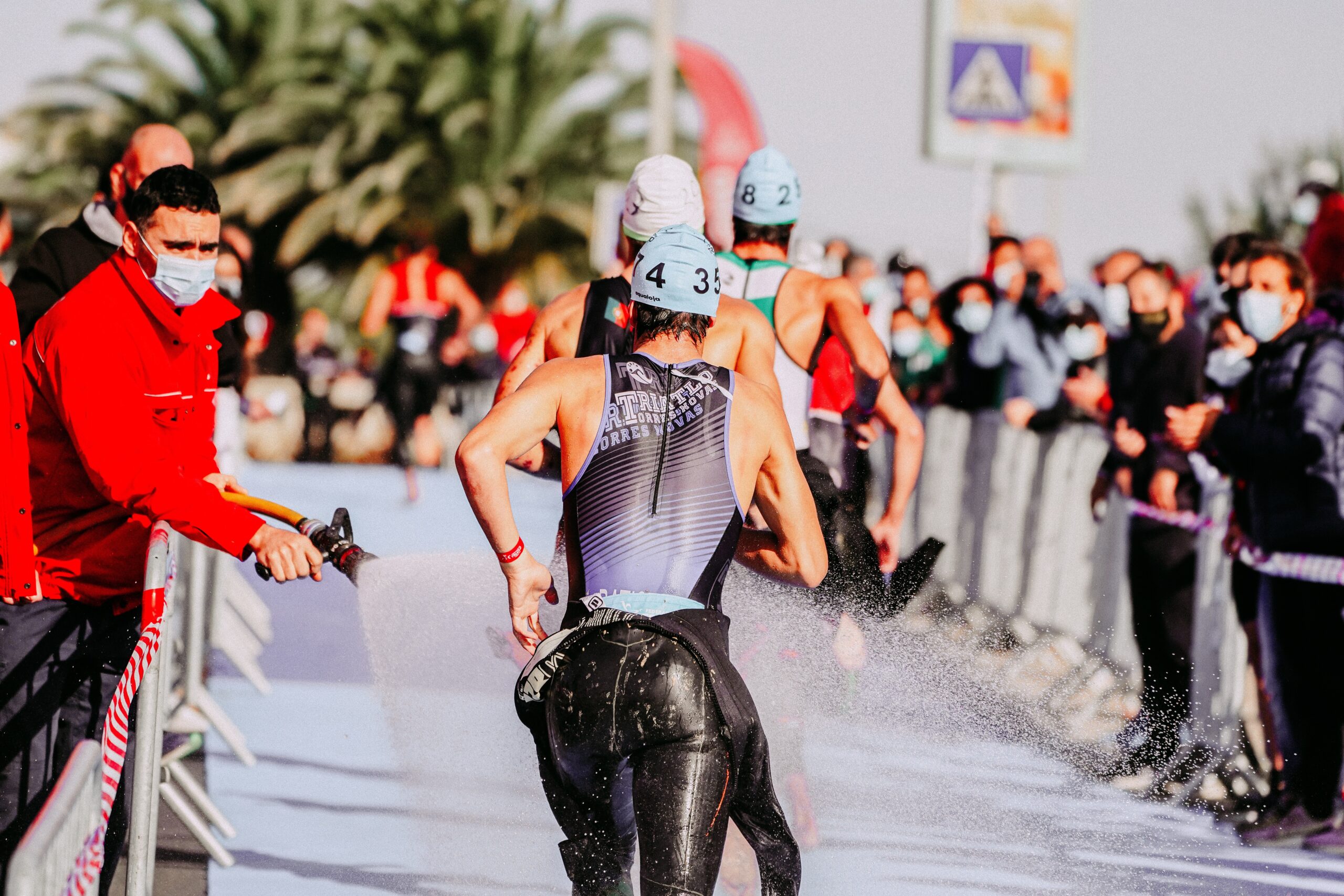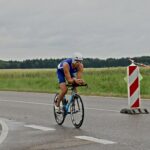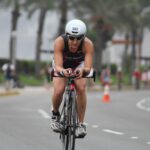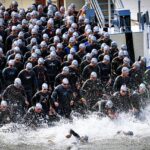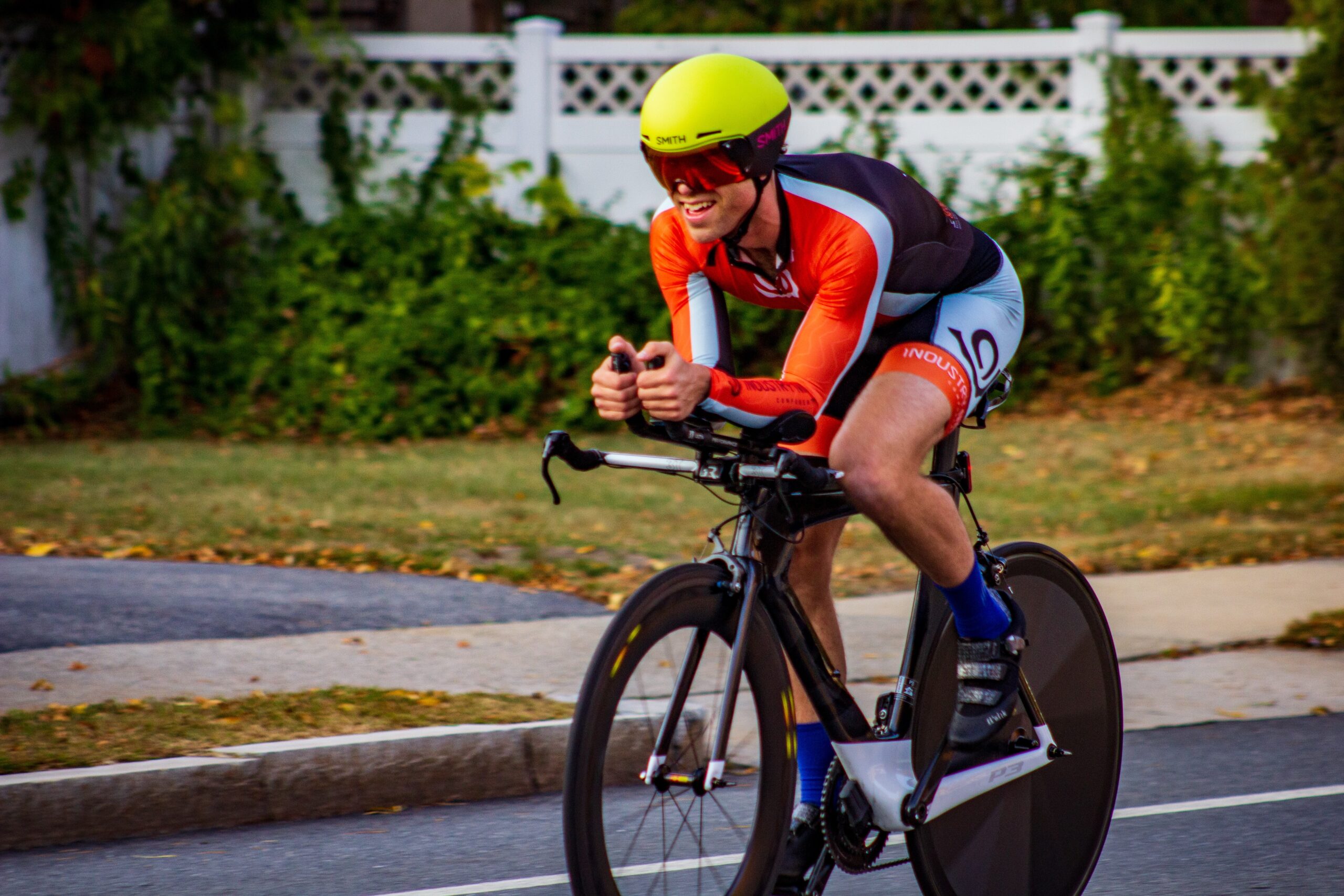The sad reality of triathlon is that you either have or will have an injury that will keep you way from our sport for an extended period due to the demands that swimming, biking, and running place on the body. This topic is near and dear to me because in the last two seasons I twice sustained knee injuries that kept me from running for six weeks each time early in the season.
 The good news is that surgical technology and rehabilitative strategies have become so advanced that a full physical recovery from an injury that two decades ago might have been career-ending is now commonplace. My knee injuries weren’t that serious, but they scared the heck out of me because, for a time, I could barely walk, and I wondered if my running career was over (a real bummer because running is my strongest event in triathlon).
The good news is that surgical technology and rehabilitative strategies have become so advanced that a full physical recovery from an injury that two decades ago might have been career-ending is now commonplace. My knee injuries weren’t that serious, but they scared the heck out of me because, for a time, I could barely walk, and I wondered if my running career was over (a real bummer because running is my strongest event in triathlon).
The bad news is that injuries aren’t just physical experiences; rather the mind gets “injured” as well. When you sustain an injury, you can experience a loss of motivation and confidence, feel stress and anxiety, become preoccupied with the injury and have trouble focusing, and experience a myriad of emotions including fear, frustration, anger, sadness, and despair. Yet, little attention is paid to how the absence of “mental rehab” can prevent triathletes from returning to or improving on their pre-injury level of performance. As a result, I thought I would share some ideas I have about how, when you get injured, you can ensure your mind recovers as fully as your body.
Keep Perspective
Accept that getting hurt sucks and you will feel bad at times, especially early in your recovery when you’re more disabled than recovering. You will be in pain. You may feel frustrated, angry, and depressed. You’ll want to curl up in a ball and withdraw from life. These reactions are normal and, to some degree, healthy, as you must allow yourself time to grieve for your loss (because you never know how long your injury will last).
At the same time, if you allow yourself to stay in that funk for too long, you will surely slow your recovery by not following your rehab program and not taking care of yourself in general. So, after a short time, get over your “pity party” and get your mind on your recovery; keep focused on the present (“What can I do today to get healthy?”) and the future (“I will heal and get back better than ever!”).
by not following your rehab program and not taking care of yourself in general. So, after a short time, get over your “pity party” and get your mind on your recovery; keep focused on the present (“What can I do today to get healthy?”) and the future (“I will heal and get back better than ever!”).
Another part of keeping perspective is that your injury seems like a big deal now, but, when you look back on it later this season or in a few years (assuming it’s not season or career ending), it will probably be just a blip in your triathlon life. Also, think about the many professional and Olympic triathletes who have had serious injuries, yet had the determination, patience, persistence, and perseverance to put in the time and energy necessary to get “back in the race,” with no guarantees that it would ever happen.
Stick with Your Rehab Program
A great lesson I learned in recovering from my two recent knee injuries is that if you follow your rehab program, the chances are very good that you will get better and if you don’t you won’t. The problem is that rehab hurts (a lot!), is boring, tiring, monotonous, in other words, it gets old fast. That’s why so many injured triathletes end up either shortening or skipping rehab sessions, or not putting in their best effort. The result: slowed or incomplete recovery.
 There is also a subset of injured triathletes who have the belief that more is better, so they do more sets and reps on more days than recommended by their rehab team. Unfortunately, this “more is better” mentality often results in overuse injuries and other complications, and a slowed rather than accelerated recovery. My recommendation here is very straightforward: Do exactly what your rehab people tell you to do, no more and no less.
There is also a subset of injured triathletes who have the belief that more is better, so they do more sets and reps on more days than recommended by their rehab team. Unfortunately, this “more is better” mentality often results in overuse injuries and other complications, and a slowed rather than accelerated recovery. My recommendation here is very straightforward: Do exactly what your rehab people tell you to do, no more and no less.
Become a Better Athlete
I have seen triathlon careers saved by injuries. How’s that possible, you might ask. Getting injured can teach you to be tough, endure hardship, and really find your motivation for our sport. Injuries can also enable you to focus on areas of triathlon that have been weaknesses, but you simply haven’t had time to work on them. For example, if you incur an ankle injury and can’t run, you can now focus on your swim technique and come back faster in the water than ever. Yes, an injury can prevent you from doing a lot. But it’s also an opportunity to figure out ways you can improve as a triathlete working around your injury. The goal is for you to return to triathlon a physically and mentally better triathlete than you were before.
Redirect Your Energies
One of the most difficult aspects of an injury is that you can’t do what you love to do a triathlete (i.e., swim, bike, and run) and are often at a loss how to expend that energy that builds up in you every day. This feeling of being stuck can lead to lethargy, overeating, and other unhealthy habits. What amplifies this tendency is that something that has been a source of self-esteem, validation, meaning, satisfaction, and joy in your life is now absent and you feel a huge void in your life.
Your best defense against this malaise is to find something toward which you can direct your energy and that will provide you with what triathlon used to for you, but can’t until you rehabilitate and return to our sport. It can be anything, for example, learning a musical instrument, cooking, reading, school, whatever. The important thing is to find something you can care about and that you can gain some satisfaction and fulfillment from, and then throw yourself into it just the way you threw yourself into triathlon. Not only will it bolster how you feel about yourself, but it will also take your mind off the disappointment of your injury and difficulty of the recovery.
Stay Involved in Triathlon
The chances are that much of your life revolves around triathlon and, being injured can cause you to feel isolated and at a distance from the sport you love and the people you enjoy being with. This separation from your sport can also hurt your motivation because you aren’t experiencing many of the “warm fuzzies” that you get from triathlon.
So, look for ways to stay connected with our sport. For example, attend and help organize workouts with your triathlon team or club (this will help you learn more about technique and conditioning) or volunteer at races. I realize that this might be difficult because you will be “jonesing” to train and race and you may not like seeing your teammates and competitors moving ahead of you. At the same time, the connections you maintain, the support you give and receive, and seeing others having fun and getting results will further motivate you to rehab and get back to our sport as fast as possible.
your triathlon team or club (this will help you learn more about technique and conditioning) or volunteer at races. I realize that this might be difficult because you will be “jonesing” to train and race and you may not like seeing your teammates and competitors moving ahead of you. At the same time, the connections you maintain, the support you give and receive, and seeing others having fun and getting results will further motivate you to rehab and get back to our sport as fast as possible.
Develop a Rehab Imagery Program
There is nothing more important to the mental recovery of your physical injury than mental imagery. As I described in an earlier article, imagery is not just something that goes on in your head. In fact, it connects your mind and your body and, amazingly, activates muscles in the same way as when you are actually performing in triathlon. Mental imagery, in a way, fools your body into thinking that you are really swimming, biking, and running.
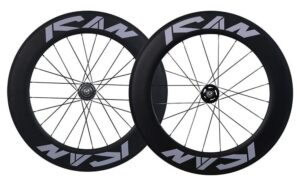 Imagery has huge benefits to recovery from injury. Research has shown that you can improve your skills in a sport without actual practicing by engaging in regular mental imagery. So, by doing imagery regularly, you can maintain or maybe even improve your triathlon skills. Seeing and feeling yourself continuing to train and compete (in your mind’s eye) will keep your motivation up (because you’ll be inspired to get back to our sport), your confidence high (because you’ll regularly see and feel yourself swimming, biking, and running well), and your mind focused (because you’ll be exercising your mental muscles and, as a result, they will stay in shape for your return to triathlon). Importantly, imagery will make you feel like you’re still progressing as a triathlete.
Imagery has huge benefits to recovery from injury. Research has shown that you can improve your skills in a sport without actual practicing by engaging in regular mental imagery. So, by doing imagery regularly, you can maintain or maybe even improve your triathlon skills. Seeing and feeling yourself continuing to train and compete (in your mind’s eye) will keep your motivation up (because you’ll be inspired to get back to our sport), your confidence high (because you’ll regularly see and feel yourself swimming, biking, and running well), and your mind focused (because you’ll be exercising your mental muscles and, as a result, they will stay in shape for your return to triathlon). Importantly, imagery will make you feel like you’re still progressing as a triathlete.
Bottom Line
When you get injured, it is a real bummer. But what is an even bigger bummer is not returning fully or as quickly as possible to our wonderful sport. For you to return to swimming, biking, or running as good or better than you were before your injury, you need to do everything possible to facilitate your recovery. That means, of course, following your physical rehab program to the letter. But it also means developing and following a mental rehab program as well, so that your body and your mind are fully recovered and prepared for the rigors of triathlon from the very first time that you return to training.
Do you want to take the next step in training your mind to perform your best in training and on race day? Here are five options for you:
- Read my Triathlon blog.
- Listen to my Train Your Mind for Athletic Success
- Read my latest mental training book: Train Your Mind for Athletic Success: Mental Preparation to Achieve Your Sports Goals.
- Take a look at myonline mental training courses.
- Schedule a 1:1 session with me.

